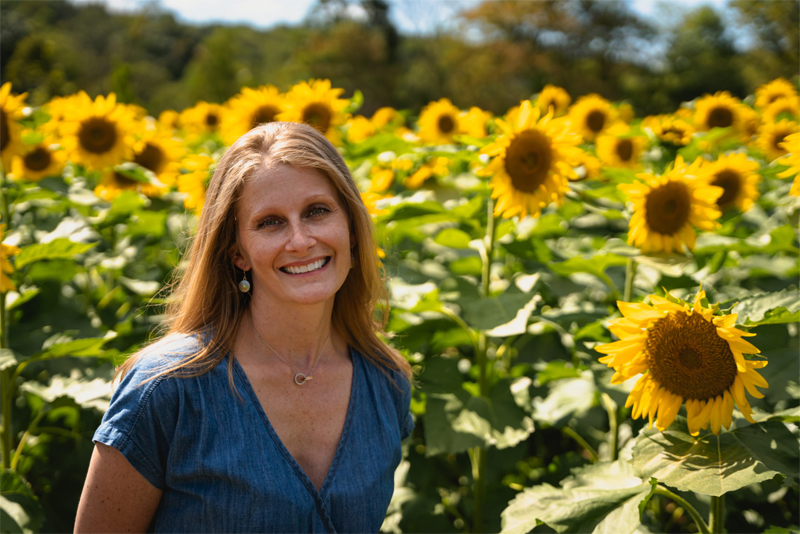
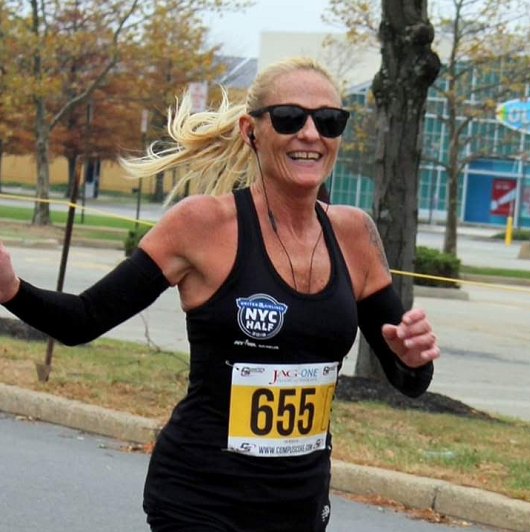
Even though she put sunscreen on her children and had family members who had skin cancer, Barbara, now 59, thought getting skin cancer would not happen to her. But it did. That red spot was her first diagnosed skin cancer.
“I just didn't think it was going to happen to me. My mother went through it, and I kept thinking, ‘Oh it's only skin cancer,’” she says. “And then when it happens to you, you kind of thank God they found it because it can go further if they don't find it.”
Treating a Lifetime of Exposure
Robin Ashinoff, M.D., a dermatologist specializing in skin cancer surgery and aesthetics at Hackensack University Medical Center, surgically removed Barbara’s first diagnosed skin cancer. After the surgery, Dr. Ashinoff referred Barbara to dermatologist Alexis Young, M.D., for ongoing care.
“Barbara came in just covered in sun damage,” Dr. Young says. “For a few years, every time she came in, I was diagnosing multiple skin cancers.” Most of those diagnoses were for basal and squamous cell carcinomas, the most common types of skin cancers. “Luckily, Barbara hasn’t had a melanoma,” she says.
Dr. Young explains the various types of skin cancers:
- Basal cell carcinoma: Tends to impact local areas rather than spreading, but can still cause damage to nearby tissues and bones
- Squamous cell carcinoma: Sometimes can become invasive if left untreated
- Melanomas: Not as common as basal and squamous cell carcinomas but are more likely to spread
If found early, melanomas are “very manageable,” Dr. Young says, but if detected in advanced stages, melanomas have a high mortality rate. All three types have been linked to overexposure to ultraviolet light, such as from the sun or tanning beds.
Since that first diagnosed skin cancer spot, Barbara has had several surgeries to remove other cancerous spots, including one on her eyebrow, which resulted in the removal of most of the eyebrow. A plastic surgeon reconstructed her eyebrow. She only has a small scar that is hardly visible.
In addition to surgeries to remove cancerous skin lesions, Barbara has used a topical cream for treating some of her precancerous lesions called actinic keratoses.
Taking Care in All Seasons
Barbara sees Dr. Young for a full skin check every six months. If she notices anything suspicious in between regular appointments, she calls Dr. Young, who sees her right away. “I just love Dr. Young,” Barbara says. “She truly cares about you and your body and what you’re going to look like out of surgery.”
While Barbara no longer frequents tanning beds, she still loves to be out in the sun and, as a marathon runner, is outside all the time—but now she always wears sunscreen in all seasons. “We all love the sun,” she says. “Just protect yourself.”
Next Steps & Resources:
- Meet our source: Alexis Young, M.D. and Robin Ashinoff, M.D.
- Make an appointment online, or call 800-822-8905.
- Learn more about treatment for skin cancer
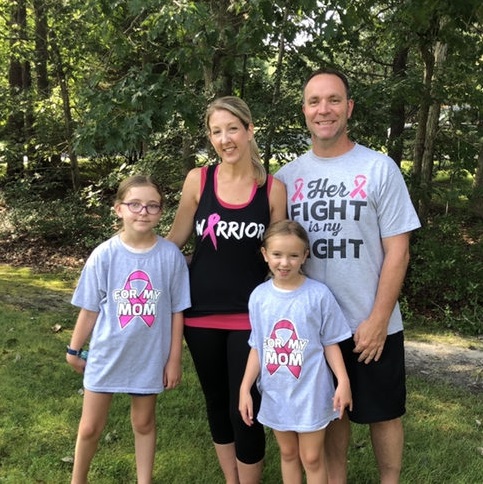
Jackson Mom Can Play With Her Daughters Again After Breast Cancer
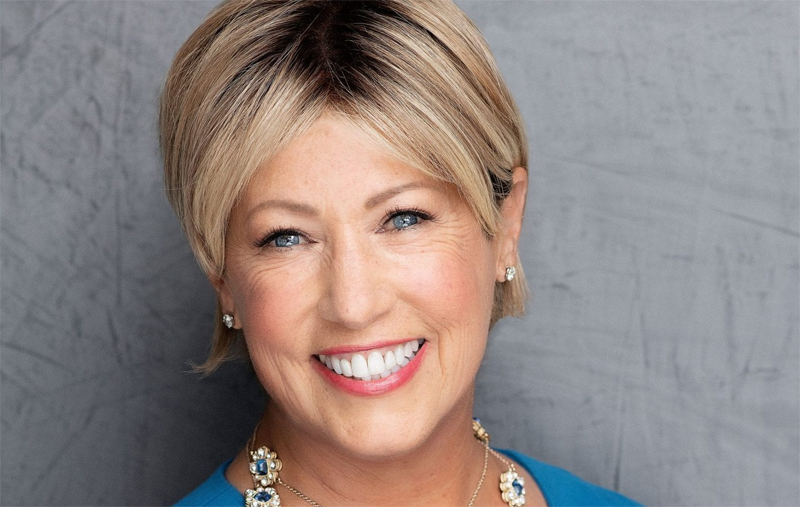
Trust Care When Breast Cancer Returns
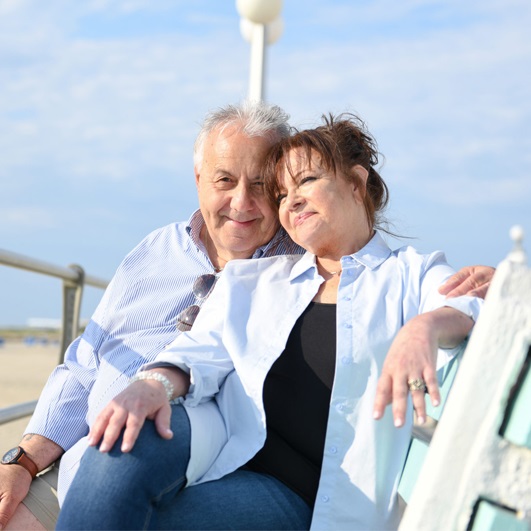
Eatontown Man Turns to Colleagues at Riverview
